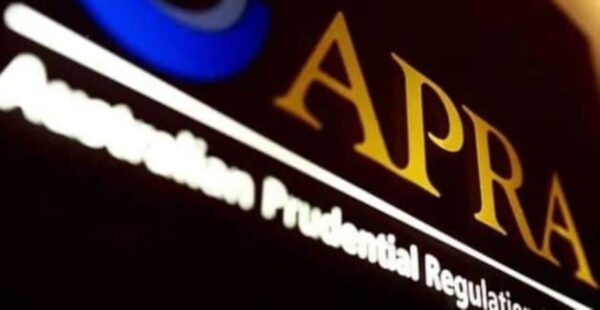Equal representation super model is embedded in law

ANALYSIS
With the news that three trustee directors of building and construction industry fund Cbus have resigned their positions has come the inevitable questioning of the equal representation model which has been the hallmark of Australia’s industry funds.
Those three trustee directors were, of course, nominees of the construction division of the Construction, Forestry and Maritime Employees Union which the Federal Government legislated into administration last week with the result that hundreds of union officials lost their jobs.
One of the three trustee directors who resigned, Rita Mallia, was a serving union official, Jason O’Mara and Dave Noonan are former officials. Noonan challenged why he should resign.
But much as it is easy to be critical of trade union influence in industry funds, it needs to be understood that the construction division of the CFMEU is an outlier and that it is not the only union with representatives sitting on the board of Cbus.
The other unions represented on the board of the big super fund are the Communication, Electrical and Plumbing Union (CEPU), the Automotive, Food, Metals, Engineering, Printing and Kindred Industries Union (AMWU) and the Australian Workers’ Union. Intra-union and inter-union politics can be arcane, but it is generally acknowledged that two of those three unions are not particularly close to or enamoured of the CFMEU.
There are six employer directors on the Cbus board all of them nominated by Master Builders Australia and some of whom will have had frequent interaction with the CFMEU.
What also needs to be understood is that the Equal Representation Model requiring an equal number of employee and employer representatives on boards is actually codified within Section 89 of the Superannuation Industry (Supervision) Act and has been reviewed on numerous occasions, including in the 2009 Super System Review (Cooper Review). As well, Senate Estimates has traversed the issue on numerous occasions, with the Australian Prudential Regulation Authority (APRA) making clear that its hands are tied because the model is permitted by law.
In the wake of the Cooper Review a number of industry funds appointed independent directors, but many opted against it arguing that they would not make such appointments until they were obligated to do so.
Cbus has two independent directors – the chair, former Labor Treasurer and current Australian Labor Party president, Wayne Swan, and John Edwards who was chief economist at HSBC prior to which he was principal economic adviser to former Labor Prime Minister and Treasurer, Paul Keating.
By way of comparison, Australia’s largest industry fund, AustralianSuper has only an independent chair, Dr Don Russell, who is a former Ambassador to the US and was a principal adviser, to Paul Keating, while the second-largest industry fund, Australian Retirement Trust (ART) is chaired by a former Queensland Labor Treasurer, Andrew Fraser, but has three independent directors two of whom are former senior public servants and the third is a former CFS executive.
The make-up of industry superannuation boards has been changing with more independent directors becoming the norm and there is yet to be hard evidence of a breakdown in governance.











The “industry” fund model is a total farce. There has never been significant employee or employer representatives on their boards. Union officials are not employee representatives. The vast majority of “industry” fund members are not union members, and would never regard union officials as their representatives in any way. Similarly the vast majority of employers with “industry” fund members as employees are in no way represented by the so called employer representatives, who by and large are second rate hacks happy to toe the union line to retain their cosy well funded position.
“Industry” funds were set up by Keating & Kelty to provide an alternative source of funding and power to the unions, at a time when union membership was declining. Compulsory super was a great idea. “Industry” super funds was a perversion of that idea. Compulsory super should be run by the government. Not by the likes of AMP, nor by the unions.